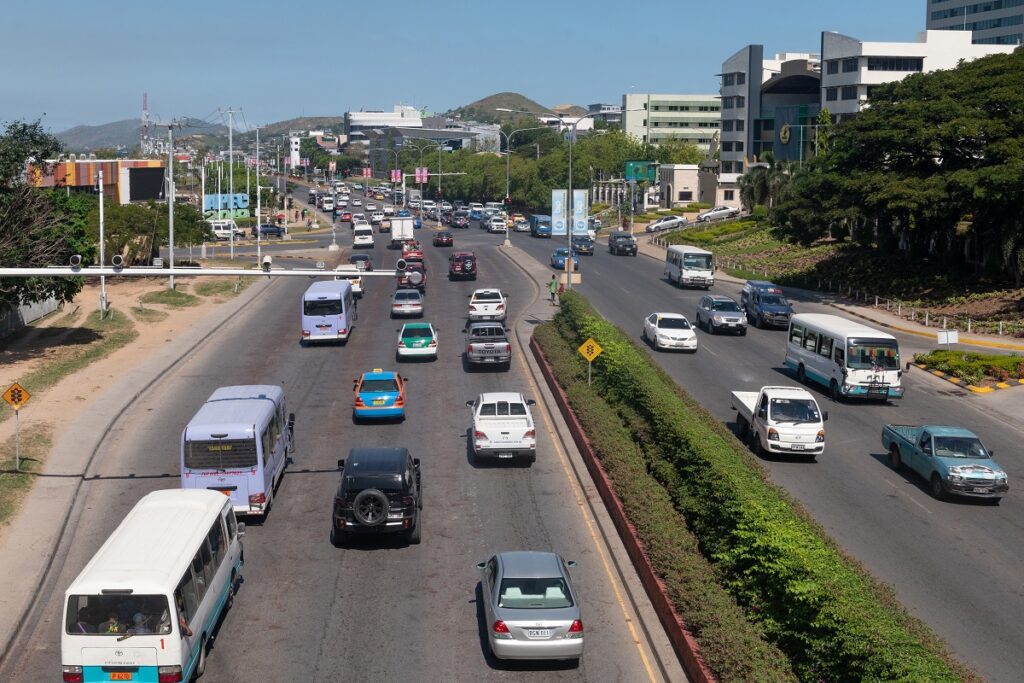What are the challenges of doing business in Papua New Guinea?

Doing business in Papua New Guinea (PNG) presents unique challenges that can impact both local entrepreneurs and international investors. While the country offers significant opportunities due to its rich natural resources and growing markets, several obstacles need to be navigated:
1. Infrastructure Limitations
Challenge: PNG’s infrastructure, including roads, ports, and telecommunications, is often underdeveloped or in poor condition, particularly in rural areas.
Impact: Poor infrastructure can hinder logistics, increase transportation costs, and limit access to markets. For businesses reliant on efficient supply chains, this can be a significant barrier.
Example: A mining company might face delays and higher costs due to inadequate road networks and unreliable port facilities.
2. Political and Economic Instability
Challenge: PNG has experienced political instability and economic volatility, which can affect the business environment.
Impact: Frequent changes in government, policy shifts, and economic fluctuations can create an unpredictable business climate. This uncertainty can deter investment and complicate long-term planning.
Example: Changes in mining regulations or taxation policies can impact the profitability of resource extraction projects.
3. Bureaucracy and Regulatory Hurdles
Challenge: Navigating the bureaucracy and regulatory framework in PNG can be complex and time-consuming.
Impact: Businesses may face delays in obtaining permits, licenses, and approvals. The regulatory environment can be difficult to navigate, leading to increased administrative costs and potential legal issues.
Example: A new business might struggle with lengthy processes to secure business registration or environmental clearances.
4. Corruption and Governance Issues
Challenge: Corruption is a concern in PNG, affecting various levels of government and business operations.
Impact: Corruption can lead to unfair practices, increased costs, and a lack of transparency. It may also create difficulties in securing contracts and dealing with officials.
Example: A company may encounter demands for bribes or face unfair competition due to corrupt practices in the awarding of government contracts.
5. Cultural and Social Factors
Challenge: PNG has a diverse cultural landscape with over 800 languages and numerous ethnic groups.
Impact: Understanding and navigating local customs and practices is crucial for successful business operations. Misunderstandings or cultural insensitivity can lead to conflicts and impact business relationships.
Example: A company operating in PNG may need to adapt its business practices and communication strategies to effectively engage with local communities.
6. Limited Access to Finance
Challenge: Access to financing and banking services can be limited, particularly for small and medium-sized enterprises (SMEs).
Impact: Businesses may struggle to secure loans, credit, or investment capital, which can impede growth and expansion efforts.
Example: An entrepreneur looking to start a new business may find it challenging to obtain the necessary funding from local financial institutions.
7. Workforce Skills and Training
Challenge: There may be a lack of skilled workers and training opportunities in PNG.
Impact: Businesses might face difficulties in finding employees with the required skills or providing adequate training for their staff.
Example: A technology company might find it challenging to recruit qualified IT professionals or train local employees to meet industry standards.
8. Environmental and Social Impact
Challenge: PNG’s natural environment and indigenous communities are sensitive to industrial activities.
Impact: Businesses need to carefully manage their environmental and social impact to avoid conflicts and comply with regulations.
Example: Mining companies must address environmental concerns and engage with local communities to ensure sustainable and socially responsible operations.
While Papua New Guinea offers opportunities for businesses, these challenges require careful consideration and strategic planning. Navigating infrastructure issues, political instability, bureaucratic hurdles, and cultural complexities are essential for successful operations. By understanding and addressing these challenges, businesses can better position themselves for growth and success in PNG’s dynamic market.